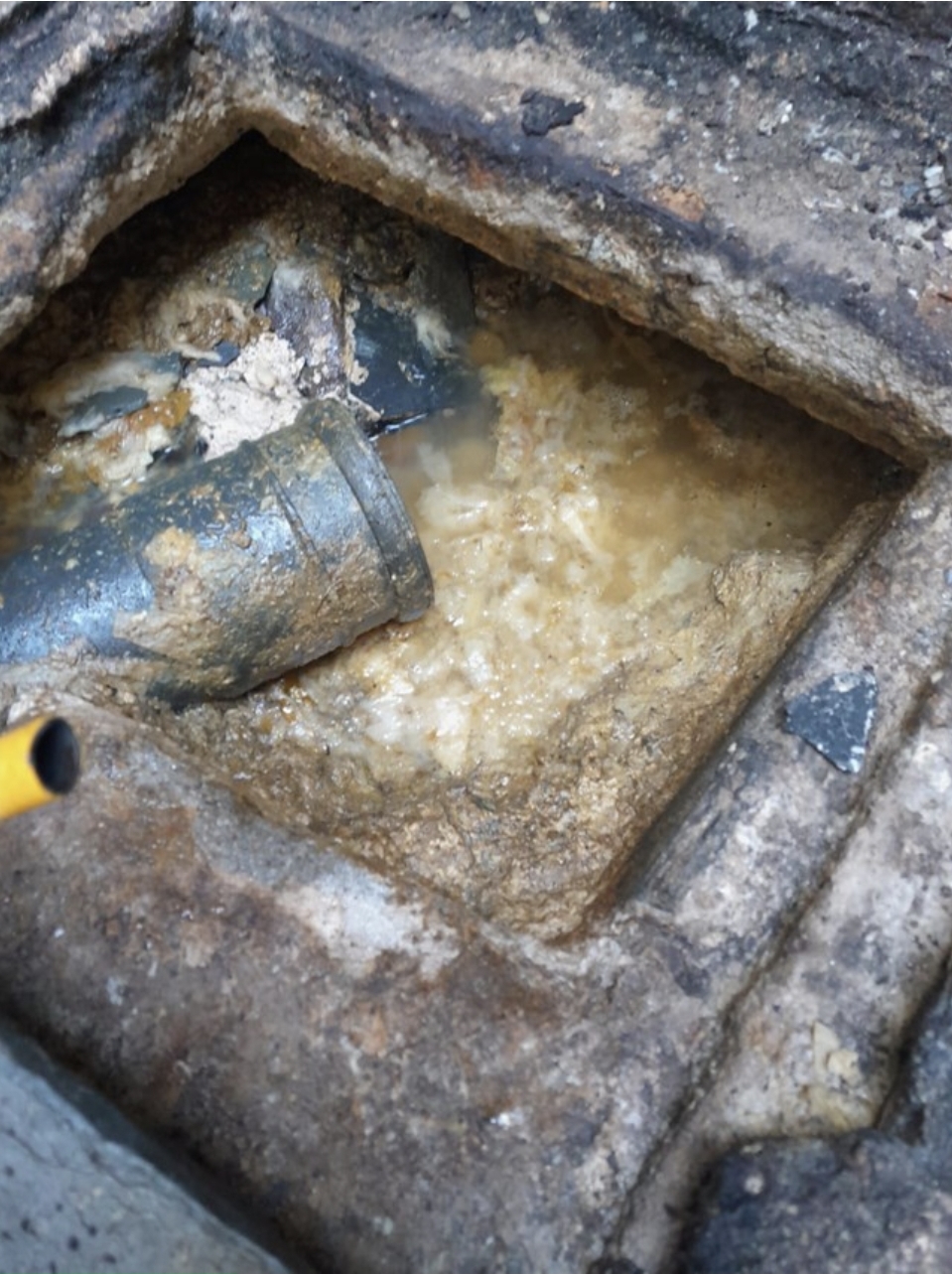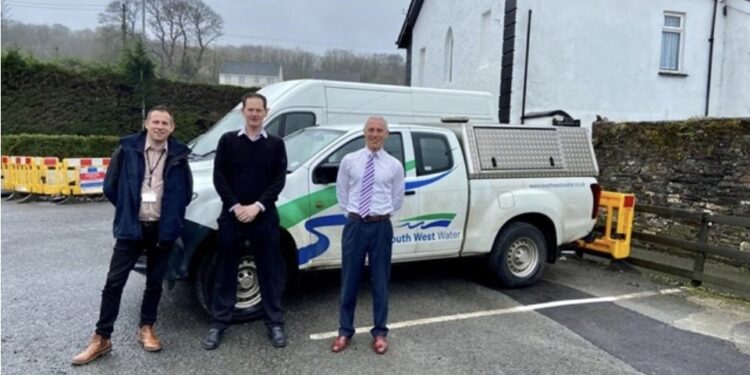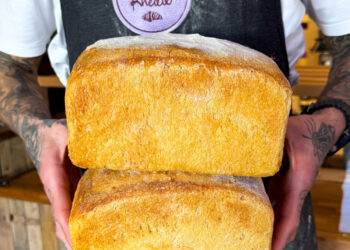South West Water representatives are visiting over 800 food businesses in Devon and Cornwall to help prevent fats, oils, and grease (FOG) from entering the sewers.
The visits are designed to educate commercial kitchen staff about the importance of properly disposing of FOG and food waste to avoid it going down sinks and drains.
Andrew Blake, Project Manager at South West Water, said: “When FOG leaves kitchens and enters our sewer network, it solidifies and blocks pipes. If the sewage can no longer flow freely, it can back up into people’s properties, causing sewer floods and potentially polluting nearby watercourses.
“In fact, every year, we deal with around 8,500 blockages costing £4.5m[i]. A proportion of that comes from restaurants and takeaways – many of whom are unaware of the consequences of their actions. By proactively supporting the food sector to change their kitchen practices, we hope to get these numbers down.”

Environmental inspectors from contract partners ECAS (Environmental Compliance and Services) are working with the food businesses on behalf of South West Water.
During the visits, the ECAS team will talk to the kitchen staff about their daily practices and check how they’re currently disposing of their FOG. The team will often recommend actions that the business needs to take going forward. For example, they might need to install grease-trapping equipment or they may need to change their daily kitchen practices.
Philip Soden, CEO of ECAS, said: “It’s great the team is working in one of my favourite areas of the UK and supporting the food sector to play their part in stopping blockages and preventing pollution.
“A typical pub restaurant might generate around 1,750 litres of FOG annually. Multiply that by the many commercial kitchens in the region, and it’s easy to understand why it’s so important that none of it goes down plugholes or drains. Simple things like wiping dirty pots and pans into a bin instead of rinsing them under a tap can make all the difference.”
With over 7,500 businesses in Cornwall alone dealing with food in some way, it’s impossible to visit them all.
That’s why South West Water is prioritising ten blockage hotspot areas. These are places where blockages have been causing problems over the last two years. They include Barnstaple, Exeter, Falmouth, Newton Abbot, Paignton, Plymouth, Seaton, St Ives, Torquay, and Truro.
Philip explained: “We’re currently in and around the Newton Abbot area, but we hope to reach as many food businesses as possible before the peak holiday season this summer.”
Andrew is encouraging the food businesses visited to take advantage of the help and support offered.
He added: “Please play your part in protecting your community from the problems caused by the build-up of fats and blockages in the sewers. It benefits everyone to do so.”
Household customers can also help in the fight against blockages. South West Water is reminding customers to only flush the 3 Ps – pee, paper and poo – down the loo, and to dispose of FOG in their kitchen bin or food waste container, rather than down the sink.
For more local news scroll down or click here.

You can join us on our social media pages, follow us on Facebook or Twitter and keep up to date with whats going on in South Devon.
Got a news story, blog or press release that you’d like to share or want to advertise with us? Contact us




























